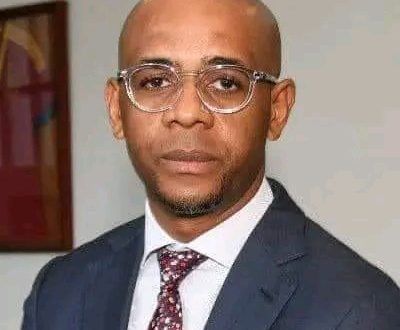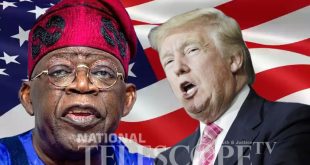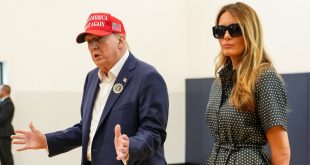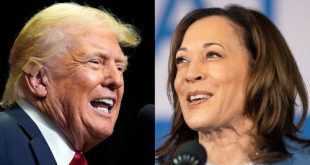The Government of Equatorial Guinea has restricted citizens from downloading and sharing photos, videos, and audio files on WhatsApp through mobile data, following a high-profile sex scandal involving a top government official.
The restriction reportedly stems from guidelines issued to telecom operators, instructing them to limit access to “inappropriate content” on the popular messaging platform.
This directive comes on the heels of a scandal involving Baltasar Engonga, the Director General of the National Financial Investigation Agency (ANIF).
Engonga, a 54-year-old economist, is embroiled in allegations of extramarital affairs with spouses of prominent figures, including relatives and key government officials.
ANIF officials discovered over 400 compromising videos during a search of Engonga’s office and home, originally part of a fraud investigation.
The videos reportedly involve encounters with high-profile individuals, including the sister of the President of Equatorial Guinea, the wife of the Police Director General, Engonga’s own cousin, and the spouses of over 20 ministers.
These tapes, which were allegedly recorded with consent, have since leaked online, sparking a media storm.
Local news outlet Ahora EG reported widespread frustration among Equatorial Guinea’s citizens, who expressed discontent over the blanket restriction on WhatsApp.
“Should an entire country pay for the actions of a few?” one resident asked.
“The decision to restrict essential communication functions is harsh and punitive. Thousands of us use these platforms not only for entertainment but also for work and education,” they added.
Another concerned citizen voiced similar frustrations. “In a world where digital communication is essential, why should we be forced to rely solely on WiFi for basic messaging?” they said.
“This restriction has limited our ability to connect and has disrupted our daily activities.”
The platform quoted others questioning the lack of transparency around the restriction.
“Is it really fair that everyone should suffer the consequences of a few? The authorities have given no clear reason or timeline for the ban. At a time when access to information is vital, this secrecy only fuels our concerns,” one resident commented.
In a related development, Equatorial Guinea’s Vice President, Teddy Nguema, announced plans to install surveillance cameras in all government offices.
This measure, Nguema noted, aims to enforce stricter adherence to public service laws and address misconduct among officials.
As the restrictions continue, Equatorial Guineans are left to wonder when normalcy will return to their digital lives amidst this sweeping crackdown.

 National Telescope national telescope newspaper
National Telescope national telescope newspaper


